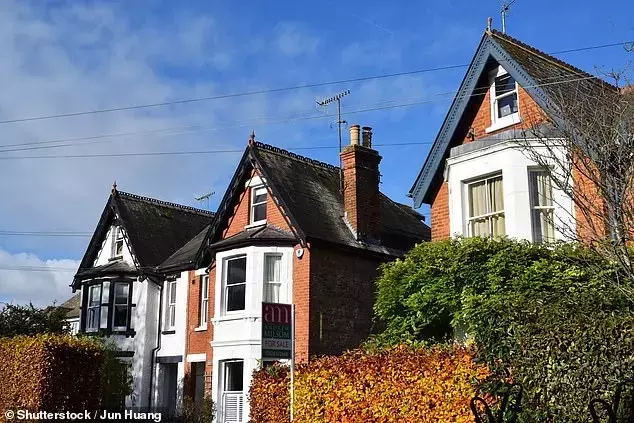
Navigating the Evolving Landscape of Home Financing
An Unexpected Shift: Mortgage Rates Tick Upward
After a consistent decline since February, the average rates for two-year and five-year fixed mortgages have experienced a marginal but significant increase of 0.02 percentage points. This adjustment places the average two-year fixed rate at 4.98% and the average five-year fixed rate at 5.02%, marking a pivotal change in lending patterns.
Lender Caution and Budgetary Speculation
Financial experts attribute this recent uptick to a prevailing sense of apprehension among lenders. They are closely monitoring the impending November Budget, which is expected to introduce new tax policies. This cautious stance reflects a broader uncertainty regarding the economic direction and its potential impact on the housing sector.
The Impact on Monthly Loan Repayments
For a typical mortgage of £200,000 amortized over 25 years, this modest rate increase translates to monthly payments of approximately £1,167 for a two-year fixed rate or £1,172 for a five-year fixed rate. While seemingly small, these changes can affect the financial planning of many households.
Market Sentiment and Fiscal Uncertainty
Industry observers, like David Stirling of Mint Wealth, emphasize that this slight upward movement in fixed rates signals a change in market sentiment. He notes that the financial landscape is becoming more volatile, with fiscal challenges on the horizon, compelling the housing market to remain vigilant.
Proposed Property Tax Revisions
The upcoming Budget may include several property tax modifications. These could involve replacing the existing stamp duty with an annual property tax for homes valued over £500,000, introducing a capital gains tax for properties exceeding £1.5 million, and potentially increasing taxes for landlords. Such measures could further influence market dynamics.
Anticipating Market Turbulence
Stephen Perkins, Managing Director at Yellow Brick Mortgages, likens the current situation to lenders preparing for a change in weather, anticipating turbulent economic conditions. He highlights that even minor rate adjustments indicate market instability and a shared concern among lenders about future fiscal events.
Changes in Best Available Rates
The most competitive mortgage offers have also seen an increase. Previously, a buyer with a 15% deposit could secure a two-year fixed rate at 3.94% with Yorkshire Building Society or 3.95% with Santander. Now, the lowest options for such buyers are a 4.05% two-year fixed rate from Halifax or a 4.2% five-year fixed rate from Yorkshire Building Society.
Challenges for New Homebuyers
Higher interest rates pose a significant challenge, particularly for first-time buyers, potentially deterring them from entering the market. Ranald Mitchell of Charwin Mortgages points out that even marginal rate increases can create substantial obstacles for those already stretching their finances to afford a home. He underscores the need for renewed confidence to encourage new buyers back into the market.
